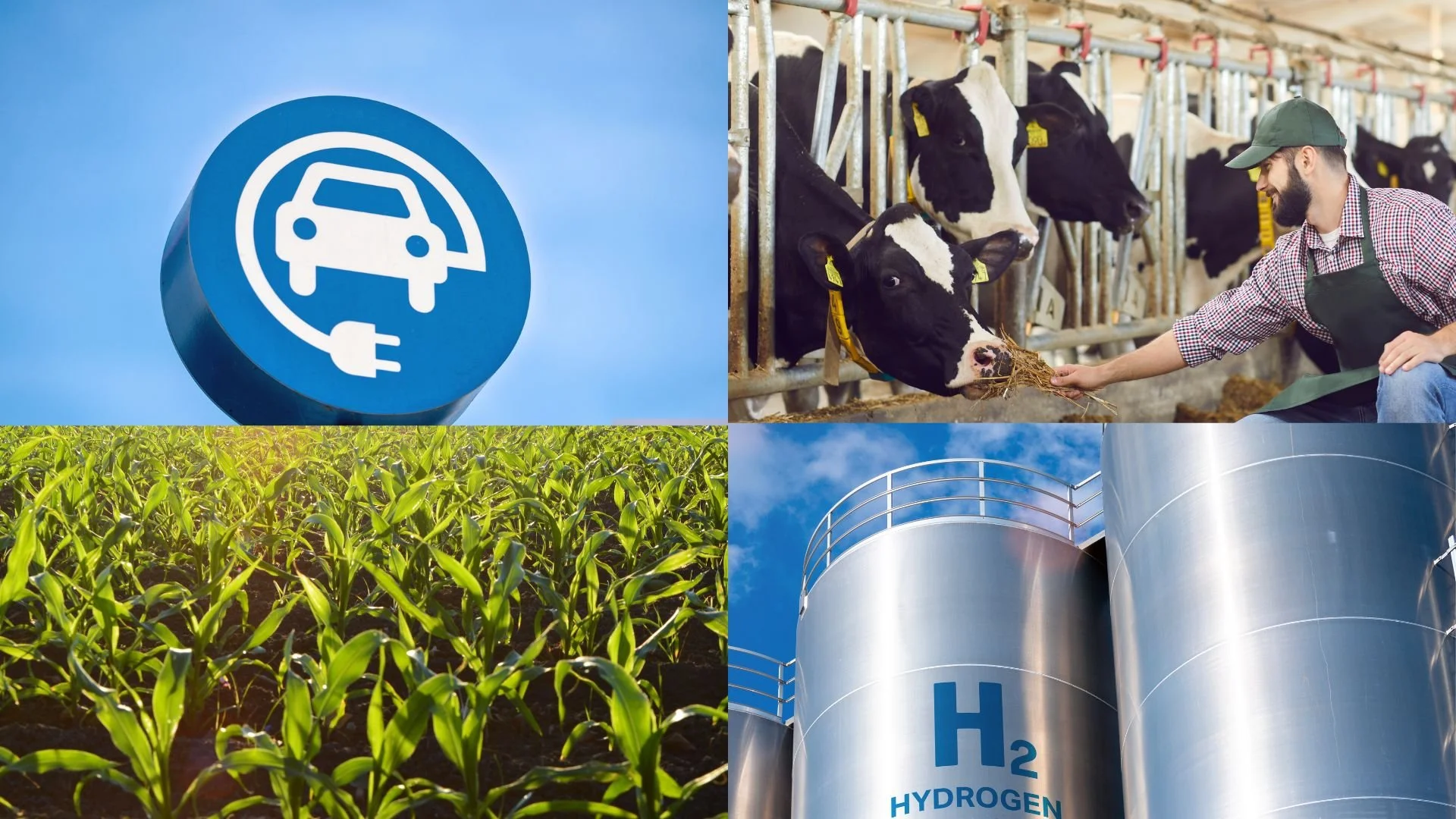Sure, we’re a politically divided nation. But that’s politics.
On almost any actual policy issue tested by credible pollsters, a majority of respondents prefer a more moderate position. On topics like guns, abortion, immigration, the most popular opinions end up somewhere in the middle ground between unrestricted and an absolute ban. Climate and energy are no exceptions.
A recent poll was pretty clear on where Californians stand on policies to combat climate change AND how much they should cost.
Government policies to fight climate change are extremely to somewhat important? 87%
Best suited to set climate goals? Government over industry 61% to 39%.
Best equipped to achieve these goals as cheaply and efficiently as possible? Companies (64%) over government (34%).
We should prioritize cost-effectiveness (60%) over speed (40%) in reducing carbon emissions.
Deploying the free market to reduce emissions as cheaply as possible (64%) is preferable to cost be damned (36%).
Government should set limits for the private sector to find the cheapest way (68%), rather than government telling companies exactly what to do (32%)
It’s pretty safe to say that, if more Californians knew about the Low Carbon Fuel Standards (LCFS), most would be pretty impressed. The LCFS was designed to embody these values. Its all-of-the-above approach has been responsible for the program’s unequivocal success in far outpacing expectations By the end of 2023 emissions reductions were about 3 years ahead of schedule AND much lower cost than anticipated. That’s market ingenuity at work.
Despite this success, proposed amendments to the LCFS put a finger on the scale for picking winners and losers versus the market.
For example, new ‘sustainability’ provisions are intended to incorporate a more holistic assessment and certification of fuels produced from crops and agriculture. A worthy goal. Unfortunately, the provisions have no discernable benefit to the core purpose of the LCFS—to reduce carbon and other greenhouse gas emissions.
There’s a LOT of room for improvement in farming practices and land management—in California, natural and working lands are a source rather than a sink for carbon emissions—but policy encouragement is needed to offset the extra cost. Yet, instead of incorporating basic incentives to credit lower-carbon farming practices, the ‘sustainability’ scheme simply increases the administrative requirements for participating companies.
In another example, the amendments selectively limit the use of crops to earn credits for producing diesel fuel from renewable biomass, decreasing the prospects for a major supply that can replace petroleum diesel in existing trucks. About 70% of the diesel currently used in California is made from renewable sources. It’s difficult to understand why this success should be put in jeopardy for relatively short-term gain.
By design, individual fuels will ultimately phase out of benefitting from the incentives built into the LCFS program. This ensures that the lowest-carbon fuels win as the program becomes more stringent over time. But that process should occur on a steady trajectory, rather than selectively disadvantaging certain fuels.
The problem is, these decisions don’t just affect what’s happening in California. They set a precedent that can significantly limit the appeal for other states considering a similar policy. Various key stakeholders are skeptical that regulators will maintain the fuel neutrality that drives overperformance of LCFS-type programs. Such skepticism has already forestalled promising opportunities in states in the Midwest and elsewhere.
Unfortunately, the latest amendments add fuel to those arguments. Inability to win broad support in other states can narrow the field to two possibilities from a policy perspective: either no program at all, or one that achieves fewer carbon reductions at higher cost. Neither one would be very popular for the majority favoring a more pragmatic approach.

